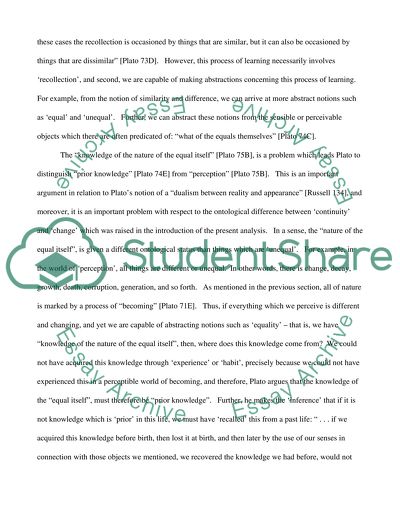Cite this document
(“Analyzing Plato's and David Hume's View of Death Essay”, n.d.)
Retrieved from https://studentshare.org/philosophy/1425225-analyzing-platos-and-david-humes-view-of-death
Retrieved from https://studentshare.org/philosophy/1425225-analyzing-platos-and-david-humes-view-of-death
(Analyzing Plato's and David Hume'S View of Death Essay)
https://studentshare.org/philosophy/1425225-analyzing-platos-and-david-humes-view-of-death.
https://studentshare.org/philosophy/1425225-analyzing-platos-and-david-humes-view-of-death.
“Analyzing Plato's and David Hume'S View of Death Essay”, n.d. https://studentshare.org/philosophy/1425225-analyzing-platos-and-david-humes-view-of-death.


